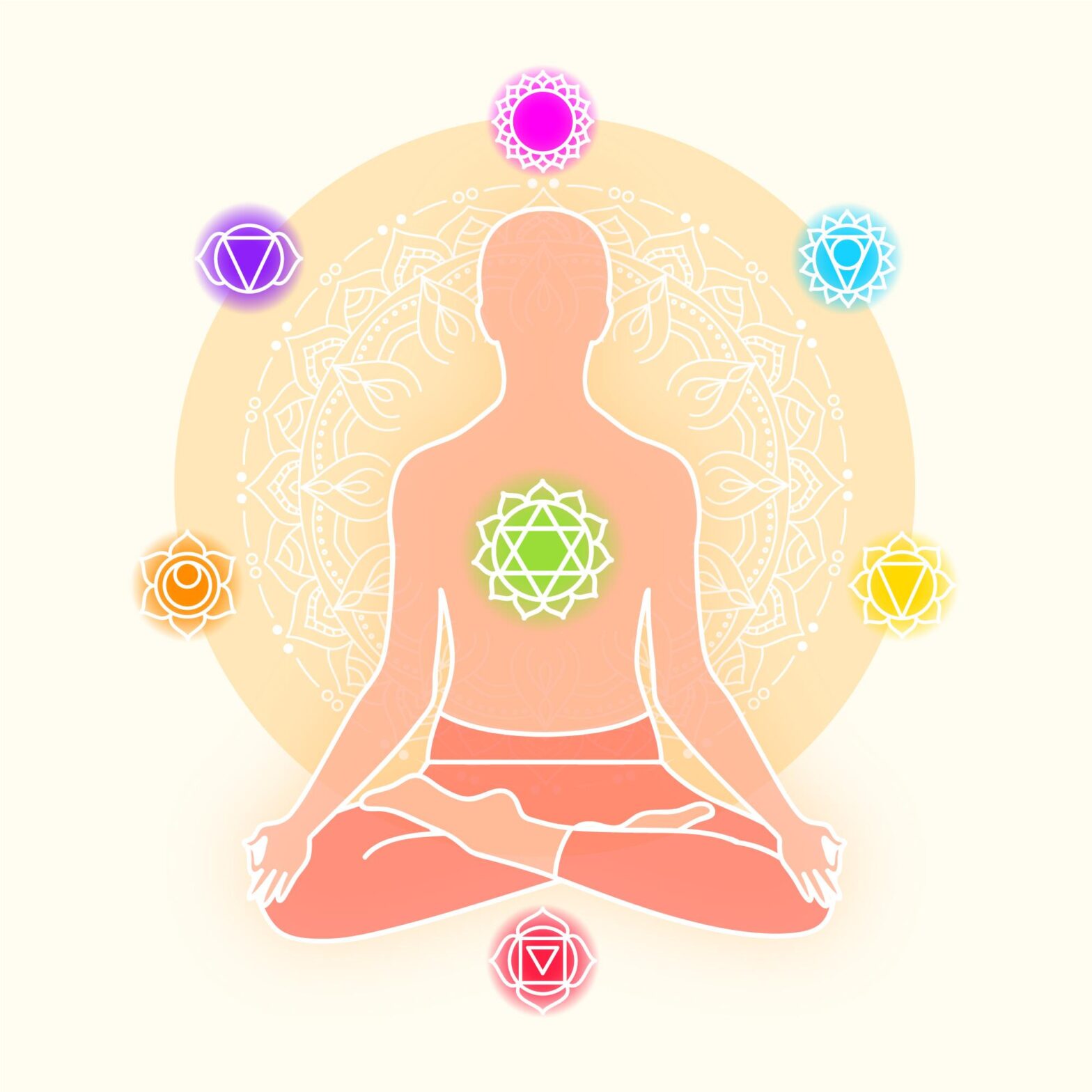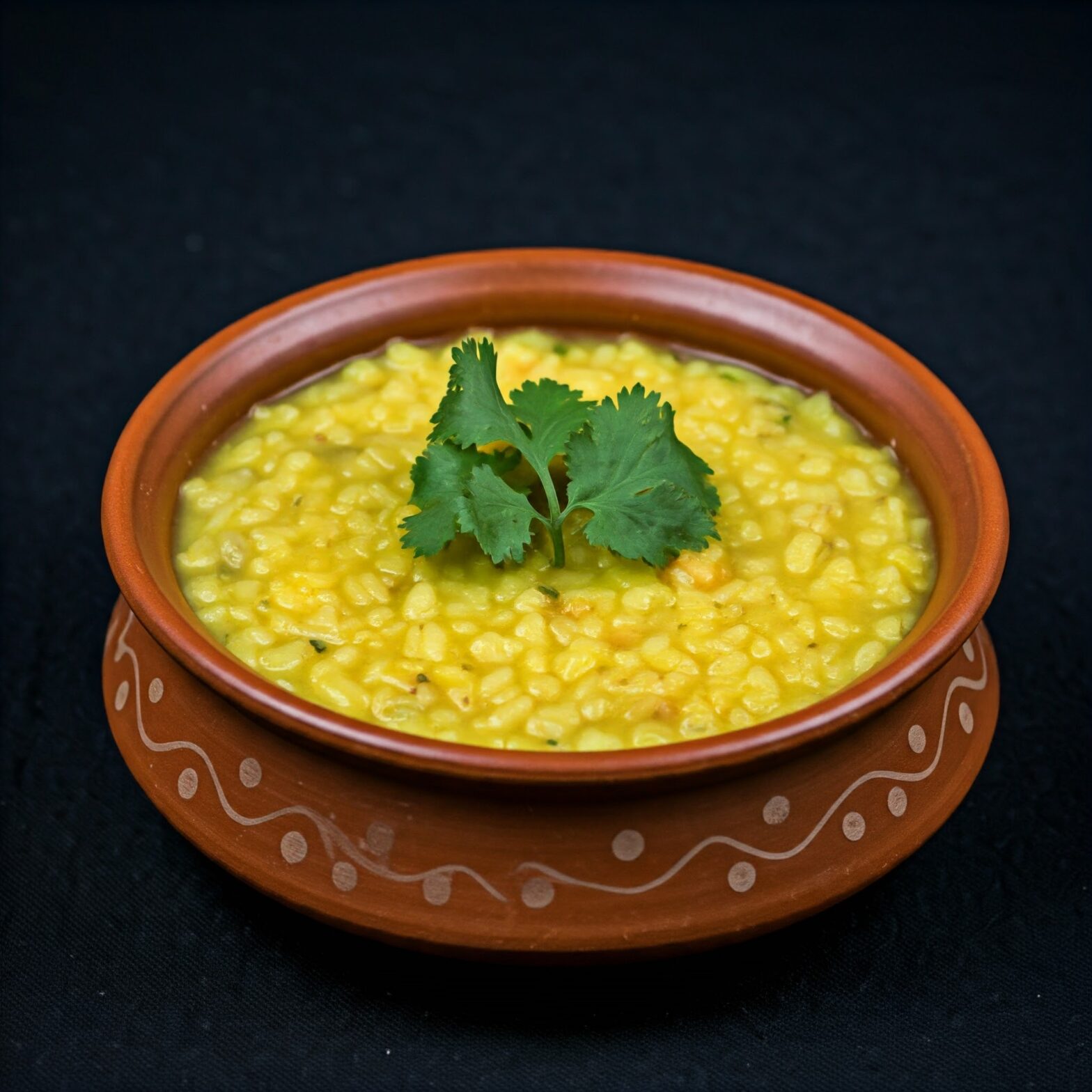Panchamahabhuta refers to the five fundamental elements: Akasha (space), Vayu (air), Agni (fire), Jala (water), and Prithvi (earth). Ayurveda teaches that the entire universe, including your body and mind, emerges from their unique combinations. They explain how your body, mind, and even your personality are shaped by nature itself. When you understand these elements, daily choices like food, routine, and emotions start to make much more sense. Ayurveda says the human body is a small version of the cosmos, a microcosm of the macrocosm. That means whatever exists in nature also exists in you, in some proportion and combination. The Panchamahabhuta are not just physical substances, they are qualities like lightness, movement, heat, liquidity, and solidity that express in different ways. The Five Elements in Simple Language Akasha – Space Akasha is the element of emptiness and openness. In the body, it shows up as all the hollow spaces like the mouth, nostrils, ears, chest cavity, blood vessels, cells and even the gaps between tissues. In the mind, Akasha gives you the feeling of expansion, freedom, and room to think. When space is balanced, you feel creative, spacious, and less “crowded” by thoughts and emotions. When it is disturbed or excessive, you may feel isolated, empty, or disconnected. Vayu – Air Vayu is movement. In your body, air governs all kinds of motion: breathing, blinking, heartbeat, circulation, the flow of thoughts, nerve impulses, and even the movement of food through your digestive tract. In the mind, Vayu shows up as speed, creativity, imagination, quick understanding, and also anxiety when it is too strong. If air is balanced, you feel alert, light, active, and motivated. If it is aggravated, you may experience restlessness, overthinking, fear, dryness, bloating, or disturbed sleep. Agni – Fire Agni is the inner flame of digestion, metabolism, and warmth. It governs body temperature, vision, glow of the skin, and the power to transform food into energy and tissues. When Agni is balanced, you digest food well, feel energetic, and think clearly. When it is high, you may feel hot, irritable, angry, or experience acidity and inflammation; when low, you may feel dull, sluggish, confused, and have weak digestion. Jala – Water Jala is the element of fluidity and cohesion. In your body, it forms saliva, blood, lymph, plasma, digestive juices, synovial fluid in joints, and all the liquids that keep tissues moist and nourished. When water is balanced, you feel emotionally nourished, content, and stable, and your skin, joints, and tissues feel hydrated. Prithvi – Earth Prithvi is solidity and structure. In the body, it forms bones, muscles, skin, nails, teeth, and all the firm, dense tissues that give you shape and strength. When Prithvi is balanced, you feel safe, steady, and rooted in life. When it is excessive, you may feel heavy, lazy, stuck in old patterns, and gain weight easily, when deficient, you may feel weak, scattered and insecure. Your basic constitution (Prakriti) whether Vata, Pitta, Kapha, is also decided by the dominant combination of these elements at conception. That is why two people can eat the same food or live in the same climate and still react very differently. Once you begin to observe your body and mind through the lens of space, air, fire, water, and earth, you start to recognize patterns like why certain foods suit you, why specific emotions repeat, and why your energy fluctuates at different times. Every action you take either increases or balances certain elements within you. For example, eating dry, light, cold foods increases the qualities of Vayu (air). On the other hand, warm, cooked, moist foods increase Jala (water) and Prithvi (earth), bringing grounding and stability. Similarly, spicy food, intense competition, exposure to heat, and excessive screen time increase Agni (fire). This can be useful if digestion or motivation is low, but excessive fire can quickly turn into irritation, inflammation, or burnout. The elements are constantly shifting due to seasons, age, time of day, emotional states, and lifestyle. Your role is not to eliminate any element, but to maintain harmony among them. Elements and the Mind Thoughts running in your mind are Vayu. Clarity and perception arise from Akasha. Understanding, judgment, and ambition come from Agni. Emotional bonding, compassion, and attachment relate to Jala. Memory, stability, and patience are rooted in Prithvi. When the mind feels scattered and anxious, air and space are dominant. If emotions feel heavy or clingy, water and earth may be excessive. When anger or frustration dominates, fire is strong. By recognizing this, Ayurveda allows you to respond wisely instead of reacting blindly. The solution is not only positive thinking but also grounding practices: regular routines, warm meals and adequate rest. Prakriti and Vikriti Your Prakriti is your natural elemental blueprint, the unique balance you were born with. Vikriti is your current imbalance caused by lifestyle, stress, environment, or emotional patterns. Ayurveda focuses more on correcting Vikriti than changing Prakriti. Instead of comparing your energy, productivity, or emotions to others, you begin honoring your own rhythm. This self-awareness itself becomes healing. The ultimate aim of understanding Panchamahabhuta is not control, but harmony. Health is experienced when space allows freedom, air allows movement, fire allows transformation, water allows nourishment, and earth provides stability, without any one element overpowering the rest. Ayurveda reminds us that disease begins when we live against our elemental nature and healing begins when we return to it. By listening to the body, observing the mind, and respecting nature balance becomes a lived experience rather than a concept. When you start seeing yourself as a living expression of the five elements, life feels less confusing. Symptoms become signals, emotions become teachers, and daily choices turn into tools for alignment. In this way, Panchamahabhuta is not just… Continue reading Panchamahabhuta Explained: The Five Elements in Ayurveda
Panchamahabhuta Explained: The Five Elements in Ayurveda








